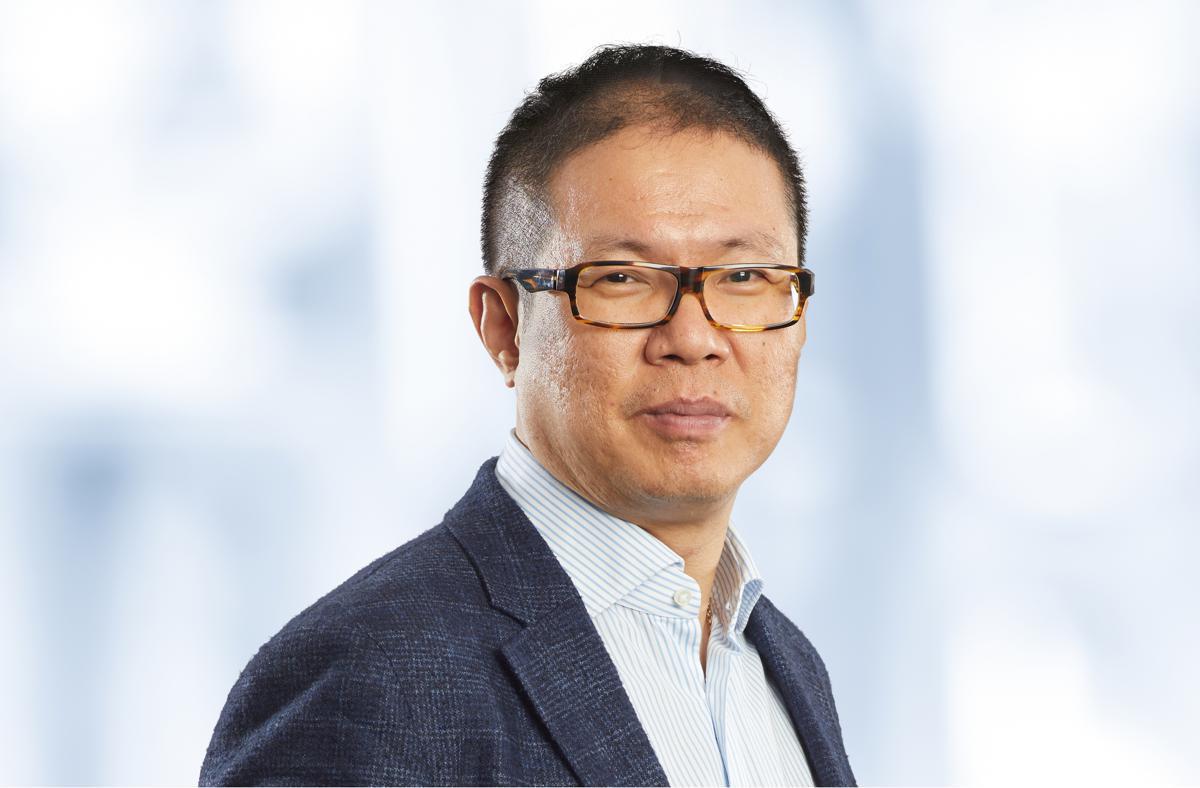AstraZeneca: CIIE pivotal to business success in China

China will contribute greatly to the world's medical development thanks to its huge market, stable supply chain in manufacturing and keen drive for innovation, said Leon Wang, executive vice president, international and China president at AstraZeneca.
Wang made the remarks recently during a media briefing about the company's participation in the upcoming 5th China International Import Expo.
The largest pharmaceutical company in China, AstraZeneca has participated in the CIIE since its inaugural edition in 2018. For the upcoming CIIE, the company will showcase four innovative drugs. They include, for the first time, a rare disease drug, Soliris, which is used to treat certain blood disorders and had recently received approval to be sold in China, Wang said.
AstraZeneca will also be announcing a series of initiatives to build on the company's long-standing commitment to China, tap into the country's strong supply chain to enhance manufacturing capacity for global supply, and advance Chinese research and development for innovative new medicines.
Such initiatives include the launch of a new $450 million manufacturing and supply base for inhalation aerosols in Qingdao, Shandong province, said Wang. The company is also looking to expand its manufacturing bases in Wuxi and Taizhou, Jiangsu province, that currently supply about 70 countries and regions around the world.
"AstraZeneca has constantly increased its investments in manufacturing in China and this not just because we are committed to the market, which is our second largest in the world," Wang said, noting that the company's total sales in China in 2021 amounted to nearly $6.01 billion.
"We also value China's supply chain, which has remained smooth and efficient despite the pandemic."
With the support of local governments, AstraZeneca has maintained an unimpeded supply chain over the past three years, he added.
"A large proportion of pharmaceutical-related raw materials in the world are made in China," Wang said. "By 2021, the company's Wuxi base produced about 50 percent of the active ingredients used in AstraZeneca's COVID-19 COVAX vaccine, supporting the supply of about 468 million doses worldwide."
According to Wang, the new initiatives the company will announce during the upcoming CIIE are mostly results from cooperation projects the company has signed with international or local partners during the past editions of the expo.
"CIIE has become more than a platform to showcase innovative products from around the world," Wang said. "Over the years, it has become a platform for businesses to seek investment, cooperation and innovation."
He explained that the company had through the CIIE established ties with local governments across the country and this had facilitate their efforts to set up their regional headquarters in Beijing, Chengdu, Hangzhou, Wuxi, and Guangzhou.
Wang said more and more companies have come to see the CIIE as a major platform to build an industrial ecosystem. He credits the CIIE for helping the company develop its health innovation ecosystem, which includes its China Commercial Innovation Center (CCiC) and the International Life Science Innovation Campus.
As of the end of 2021, the CCiC and its partners had jointly created a number of innovative solutions for whole-course disease management that have been implemented in thousands of hospitals across the country. Some of these solutions have even benefited patients in other nations. More than 60 enterprises from around the world are presently situated in iCampus.
AstraZeneca also launched a one-of-its-kind Healthcare Industrial Fund with China International Capital Corporation Ltd during the 2nd CIIE. By September 2022, the fund managed over 3 billion yuan and had supported more than 10 medical innovation enterprises. The second round of fund-raising is currently underway.
Wang also credited the strong governmental support for innovations in China's pharmaceutical industry as one of the main factors the company managed to debut its made-in-China anti-tumor drug Orpathys at the CIIE last year.
"The Chinese government has put forward various measures to promote and support innovations in biomedicine, such as encouraging start-up companies to get listed on Shanghai Stock Exchange's Star Board," he explained. "Such moves have greatly boosted innovations as international companies can now invest in innovations with capital from China."
Dizal Pharma, a clinical-stage pharmaceutical company founded by AstraZeneca and CS Capital, for example, was listed on the Star Board last year. The company currently has four products undergoing clinical trials.
Invest in China Copyright © 2026 China Daily All rights Reserved
京ICP备13028878号-6
 京公网安备 11010502032503号
京公网安备 11010502032503号





